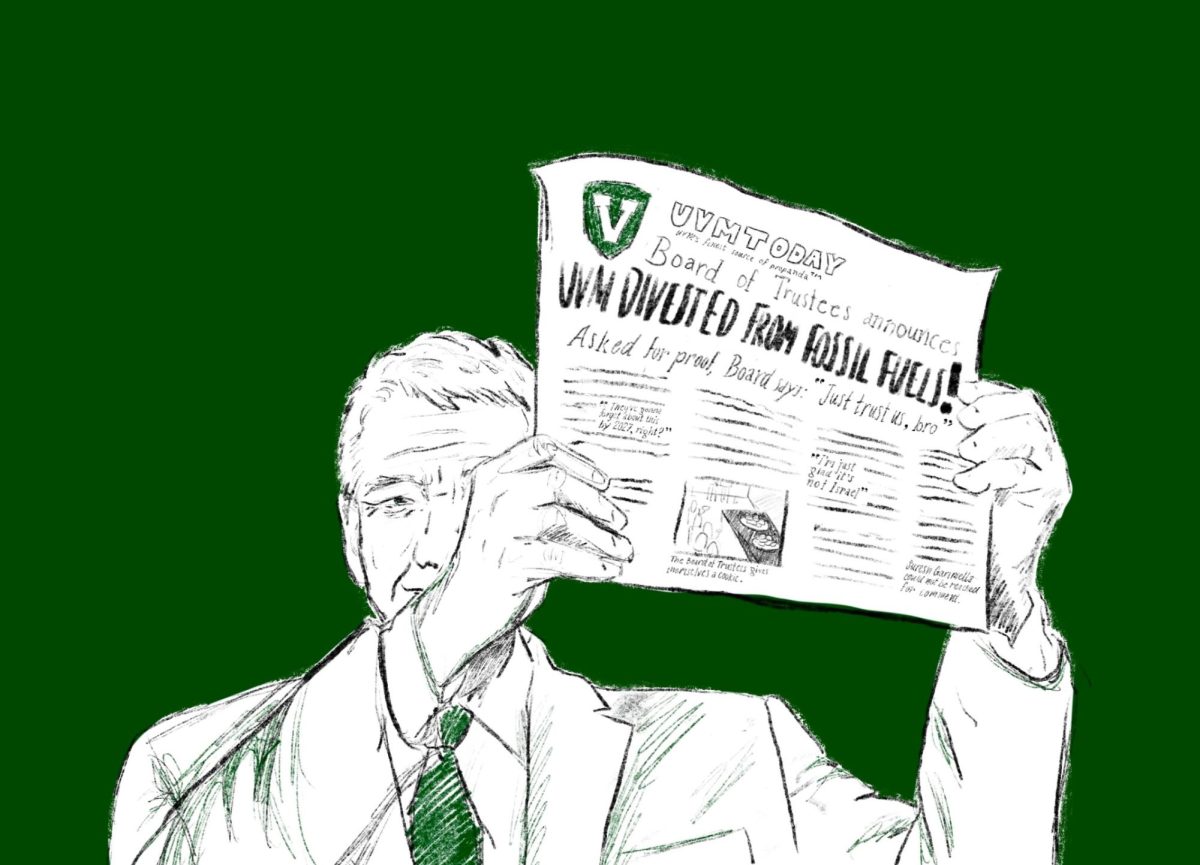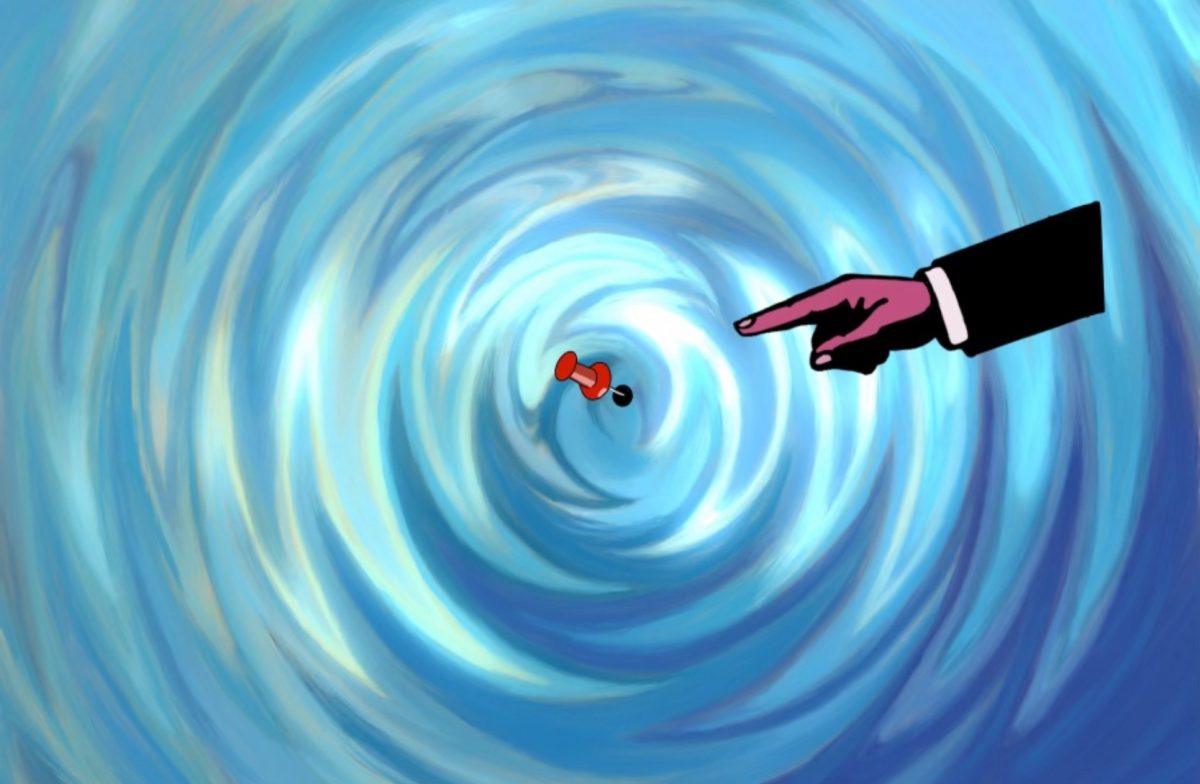For years, I have sat in class learning about that prophetic year the Ni?a, the Pinta, and the Santa Maria landed in North America, with Columbus as the valiant explorer leading the way.
However, listening to a friend and fellow UVM student speak about her experiences as a Native American, and specifically her feelings about Columbus Day, has brought to my attention another form of identity politics and racism that often goes undiscussed.
The word genocide is a tough one to hear, and it forces us to confront unspeakable crimes against humanity that have been allowed to persist under the Western worldÕs supposedly watchful eye. These are uncomfortable discussions.
Yet they would be even more uncomfortable if they took into consideration the genocide that has happened on our own soil. They usually do not take this route, preferring instead to focus on more geographically distant atrocities.
But in the spirit of the holiday, letÕs talk about the ongoing subjugation of Native Americans, 500 plus years strong.
Biological warfare, forced sterilization of women, refugee housing, children relocated, and systematic ethnic cleansing. These standard symbols of genocide have all been enacted by our own government against this sector of its population at some point or another, if not currently still.
Much of the housing on reservations under the jurisdiction of the Native American Housing Authority would make a Greene Street apartment look like a palace, and unauthorized reproductive medical treatment has persisted even post-Nuremburg trials.
To recognize these crimes is to realize that Columbus Day is a holiday honoring massacre.
The glorification of the year 1492, and the accompanying disregard of the several thousand years of civilization before this date, proves an unyielding preference of the white manÕs history, which is a dangerous mentality to bear going forth.
The very term ÒdiscoveryÓ is problematic, in that it portrays them as a population in need of discovery, when in reality they had already adequately discovered themselves.
It conveys a message of colonialism as somehow progressive and beneficial, which the unfolding of contemporary political affairs proves is certainly not the case.
This continued praise of the notion of discovery contradicts the image we have of ourselves as a world that has matured beyond European imperialism, choosing to reflect on it as merely a regrettable part of our past.
Much of the problem is linked to the way history is handled in schools. Our textbooks and classrooms are brimming with stories of friendly pilgrims, before skimming over the other incriminating facts.
As one-sided and detrimental as this historical worldview might be for white children in history class, it is downright oppressive when it is hammered into the minds of their Native American peers.
An education system that teaches this type of lethal discovery as positive, consequently also pushes cultural assimilation upon its minority children, and leaves them no opportunity to celebrate their own identities.
Unfortunately, the celebration of whiteness is a never-ending parade that persists even beyond this one holiday of discovery, working its way into our everyday understandings of American heritage.
Although this well-established national holiday will likely not be uprooted, a stronger effort can be made to raise awareness about the racial and cultural issues that are obscured by it. More significantly, the experiences of those subjugated can be more widely and actively celebrated instead.






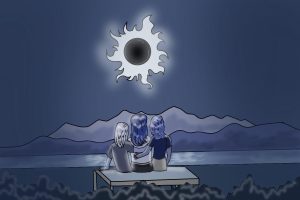
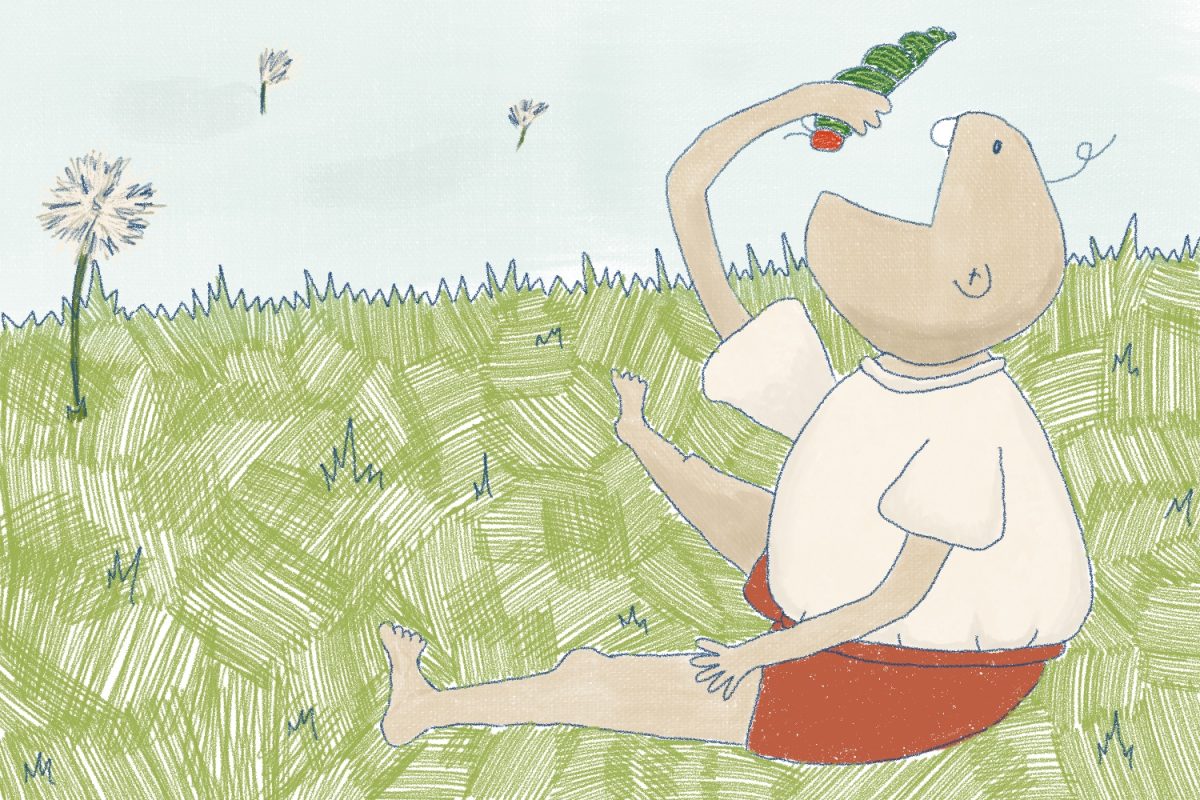
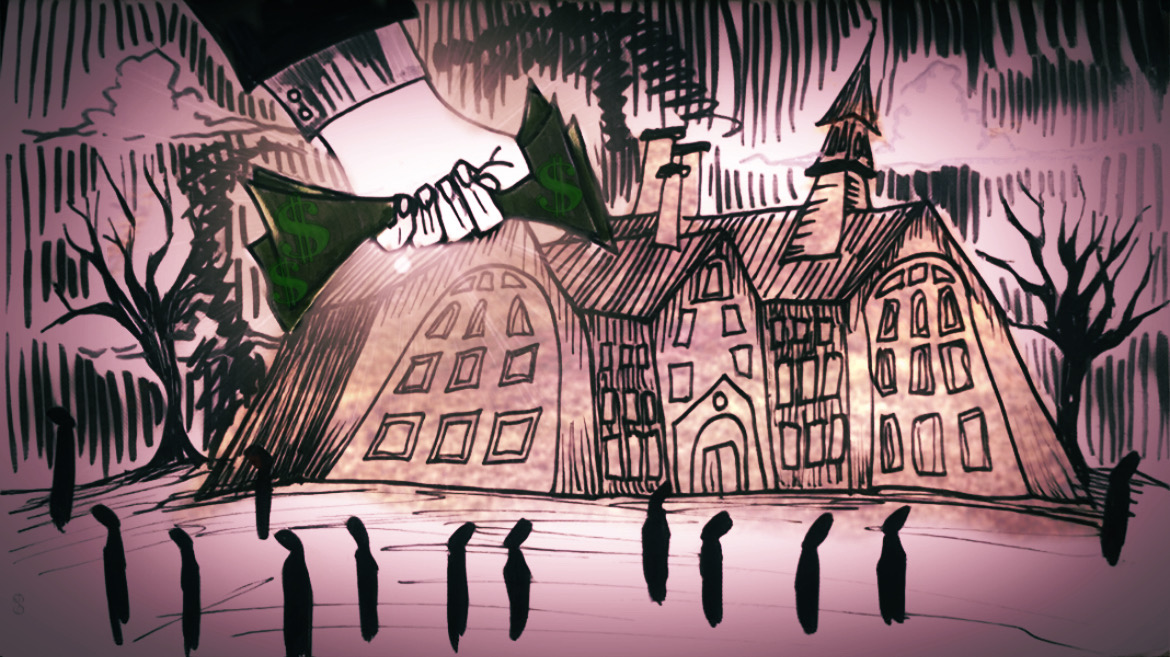

![Can’t buy me [self] love](https://vtcynic.com/wp-content/uploads/2024/04/self-care-FINAL-1200x796.jpg)
